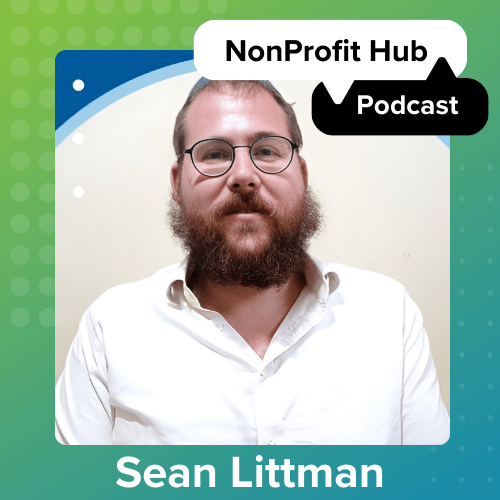In the past few weeks, one person emerged from the Super Bowl as the clear-cut winner with plenty of new-found fame.
No, it isn’t Malcolm Butler, although he has gained a lot of notoriety since sealing the Patriots’ victory with a goal-line interception.
The biggest winner was Left Shark. A little off-beat dancing never got someone so far since Steve Martin in the Jerk.
 In the weeks that followed the big game, Left Shark has been a hit of internet memes, t-shirts and even a This is SportsCenter commercial. Left Shark has become the cultural touchstone for February 2015. (And now I’m writing about Left Shark. How much bigger can the phenomenon get?)
In the weeks that followed the big game, Left Shark has been a hit of internet memes, t-shirts and even a This is SportsCenter commercial. Left Shark has become the cultural touchstone for February 2015. (And now I’m writing about Left Shark. How much bigger can the phenomenon get?)
It is from moments like these that come great learning moments for marketers. Should your nonprofit try to get in on the Left Shark craze before it Jumps the Shark? If you haven’t done so already, don’t start. Almost all of the good jokes have been made and as with anything in the comedy world, timing is key.
As you plan your nonprofit’s next marketing endeavor, be careful about including popular cultural trends. That doesn’t mean you should avoid them, but you should be careful about how you use these hot topics for your own good. Here are a few points to keep in mind when diving into the shark-infested meme waters.
Don’t Just Follow the Crowd
Remember what the big trend was in February 2014? Does the Harlem Shake ring a bell? You probably saw them fill up your social media feed.
They were all the craze and you kind of felt left out if you didn’t make one. Don’t wait around too long or else you look like a bandwagoner. Note that the video embedded was uploaded on February 15, so it was done during an acceptable time frame—i.e. two weeks after the craze started.
As with a lot of trends, soon after they rise to popularity, people grow tired of them as over saturation hits. The key for your nonprofit is to get in early. If you can create a post or campaign that capitalizes early and is done in a unique way, go for it.
Integrate Your Mission
Does the meme you want to recreate fit with the overall mission and marketing persona of your nonprofit? If you use more of a traditional approach, then posting a picture of yourself dancing to Gangham Style might turn off some of your supporters (probably because they don’t appreciate the genius of K-pop).
Another great example came via pet adoption advocate Anthony Rubio, who turned the hit song “Call Me Maybe” by Carly Rae Jepsen into social good by raising awareness for adopting pets from shelters.
 (Image via Anthony Rubio Facebook)
(Image via Anthony Rubio Facebook)
Look again at the Harlem Shake video above again. NeighborWorks Home Partners customized the meme to fit with their mission by including a person dancing with a house on his head. It might be cheesy, but it is works for them. Or it makes sense for ESPN to play off the Left Shark craze because they are in the world of sports.
Creativity is Crucial
Another approach is to avoid trends and memes completely. Sure, you might miss out on some great jokes and a few Facebook shares, but if you come up with more original campaigns and strategies then you can win more points than trying to get the HR director’s cat to look grumpy.
Challenge yourself to come up with a new approach. Copying what is current and popular won’t get a lot of traction in the long term, but it can get you some cred (if done properly). It might take a little extra work, but a marketing strategy that uses original content and is specific to your nonprofit will have a much larger impact than just sharing your take on a viral video.
This article is not designed to turn you off from staying current, fresh and funny in your marketing efforts. Rather, carefully consider the implications of your posts and campaigns on the overall image of your nonprofit. When done properly, memes can be integrated to add more humor and energy into your marketing campaigns.
Feel free to share some examples in the comments below showing how you’ve integrated current culture and memes into your marketing campaigns.








